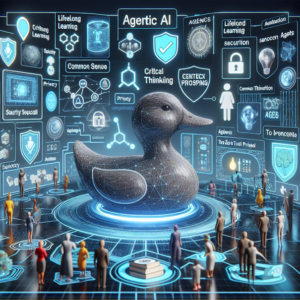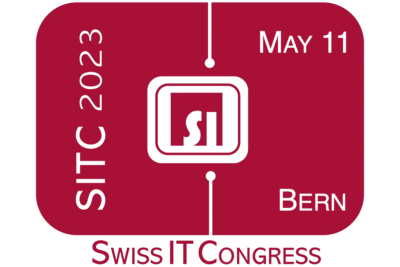In terms of an overview of the book’s contents, in the following pages we argue that the development and widespread use of ICTs are having a radical impact on the human condition. More specifically, we believe (see the Preface that introduces The Manifesto) that ICTs are not mere tools but rather environmental forces that are increasingly affecting:
1. our self-conception (who we are);
2. our mutual interactions (how we socialise);
3. our conception of reality (our metaphysics); and 4. our interactions with reality (our agency).
In each case, ICTs have a huge ethical, legal, and political significance, yet one with which we have begun to come to terms only recently.
We are also convinced that the aforementioned impact exercised by ICTs is due to at least four major transformations:
- the blurring of the distinction between reality and virtuality;
- the blurring of the distinction between human, machine and nature;
- the reversal from information scarcity to information abundance; and
- the shift from the primacy of stand-alone things, properties, and binary relations,to the primacy of interactions, processes and networks.
[pdf-embedder url=”http://news.swissinformatics.org/wp-content/uploads/sites/21/2016/10/Binder8-Onlife-learning-and-the-role-of-the-stakeholders-Antonio-Dias-de-Figueiredo-.pdf” title=”binder8-onlife-learning-and-the-role-of-the-stakeholders-antonio-dias-de-figueiredo”]









